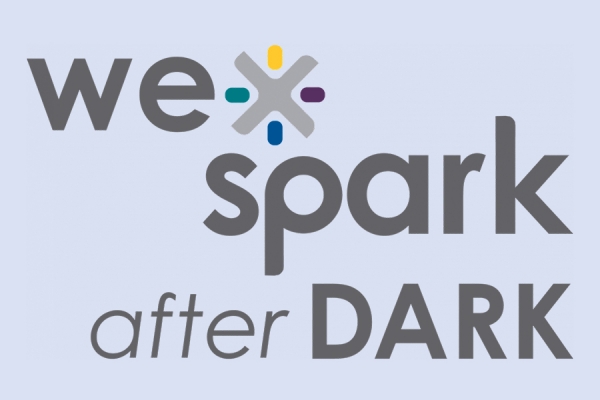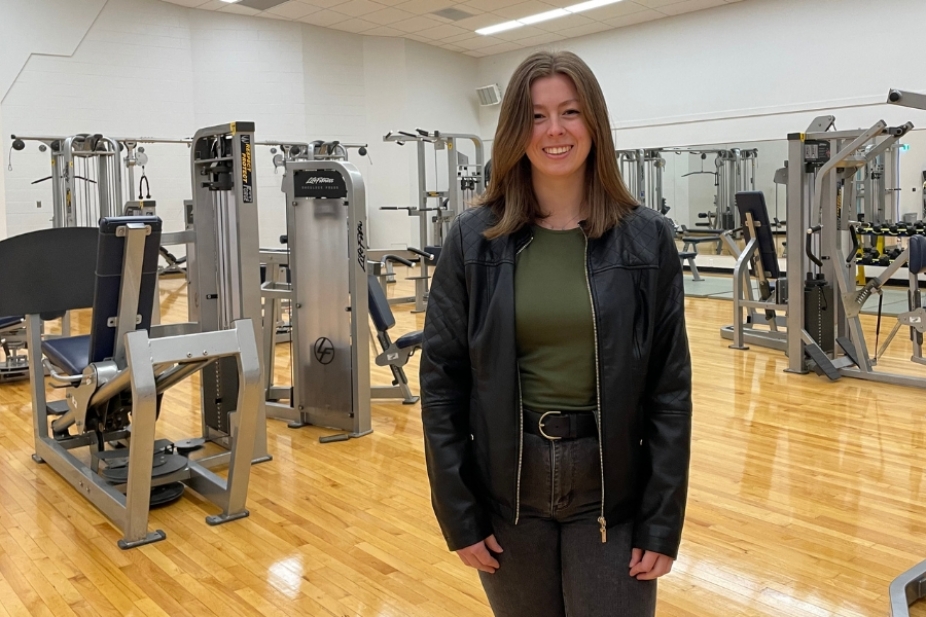
Doctoral study gives rise to guide for gym accessibility Recent Kinesiology graduate Dr. Fallon Mitchell has released a guide to help fitness centres improve accessibility (FILE/University of Windsor) While the benefits of exercise on mental, physical and social well-being are widely known, accessing inclusive and functional spaces to engage in exercise can be a challenge for people with a disability. In her doctoral research, recent UWindsor Kinesiology graduate and Vanier scholar Dr. Fallon Mitchell (PhD ’25) explored the accessibility—or the lack thereof—of fitness centres. “Gyms are a common place where people go to be physically active, and they accommodate a wide range of training styles and preferences—for example strength training, yoga, mobility and cardio—which can make them appealing to people with diverse goals and skills,” explains Mitchell. “However, gyms are rarely designed with accessibility and inclusion in mind. Participants in my studies described gyms as intimidating and often exclusionary for people…
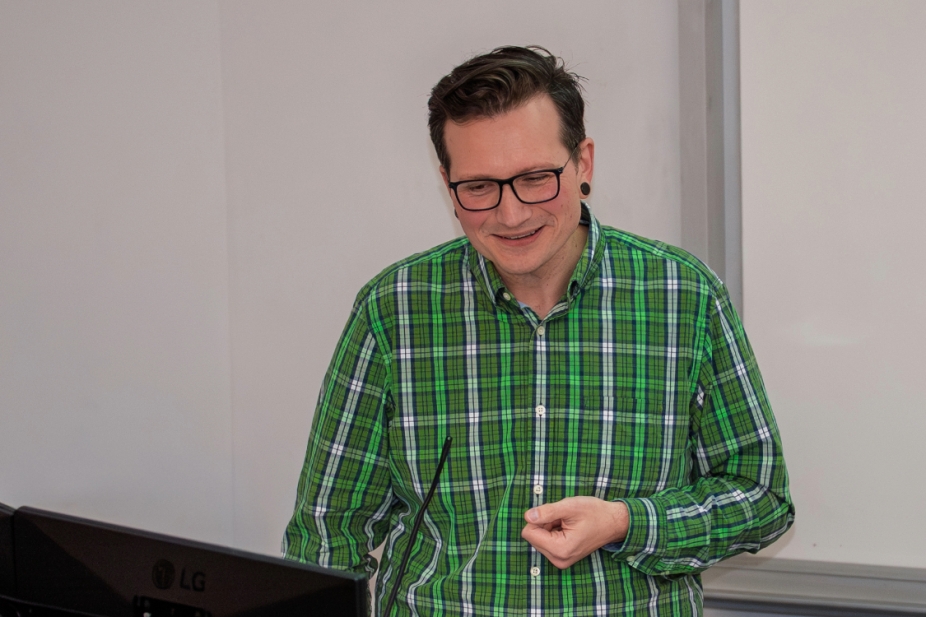
Adrian Guta named Canada Research Chair in Health Disparities and Public Health Dr. Adrian Guta has been appointed Tier 2 Canada Research Chair in Health Disparities and Public Health. [DAVE GAUTHIER/University of Windsor] The University of Windsor is celebrating the appointment of Dr. Adrian Guta as Tier 2 Canada Research Chair in Health Disparities and Public Health — a prestigious national honour recognizing both his exceptional contributions and the University’s growing leadership in public health research. A professor of social work and one of Canada’s leading scholars in HIV, sexual health, substance use, and harm reduction, Guta has spent the past two decades advancing evidence-informed and community-engaged public health. His work addresses urgent local to national priorities, including the toxic drug supply, safer supply initiatives, and decriminalization. Guta partners with people with lived experience and community collaborators to design research that responds to the complex challenges communities face. As Canada Research Chair, he…
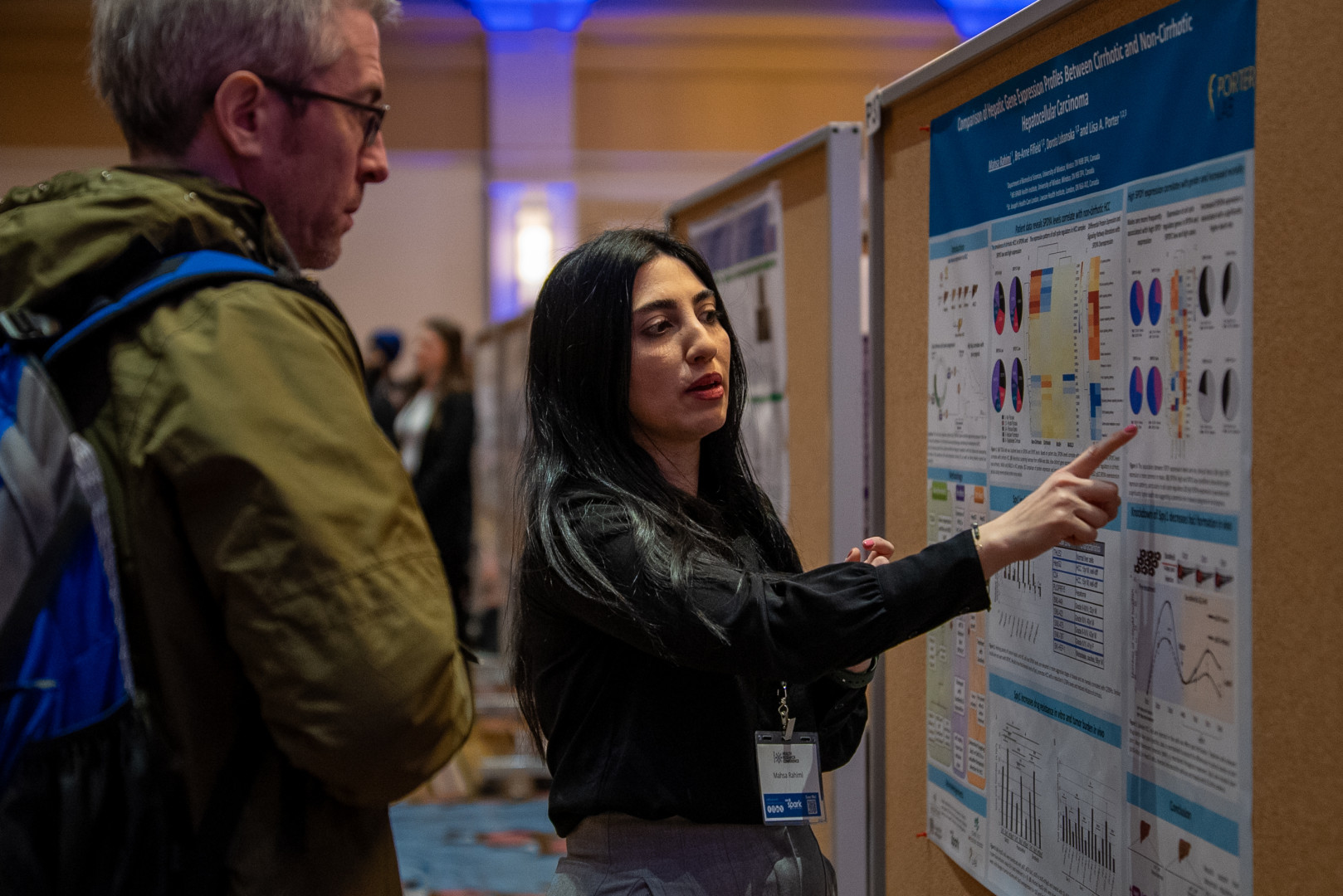
Advancing Health Research: WE-SPARK’s 2026 Annual Conference WE-SPARK Health Institute will host its Annual Health Research Conference on March 28, 2026, at Caesars Windsor Convention Centre. The event will bring together researchers, clinicians, students, and community partners for a full day dedicated to learning, networking, and knowledge sharing. The program features expert plenary speakers, poster displays, and oral presentations representing a wide range of health research across the region. In addition, individuals with lived experience will share their perspectives throughout the concurrent sessions, adding meaningful insight to research discussions The event is well-suited to established investigators, emerging scholars, allied health professionals, trainees, and individuals with an interest in the evolving landscape of health research. Early bird registration is available until January 30, 2026, with preferred rates for students, staff, and general attendees. WE-SPARK is issuing a call for abstracts, inviting case studies and lessons…
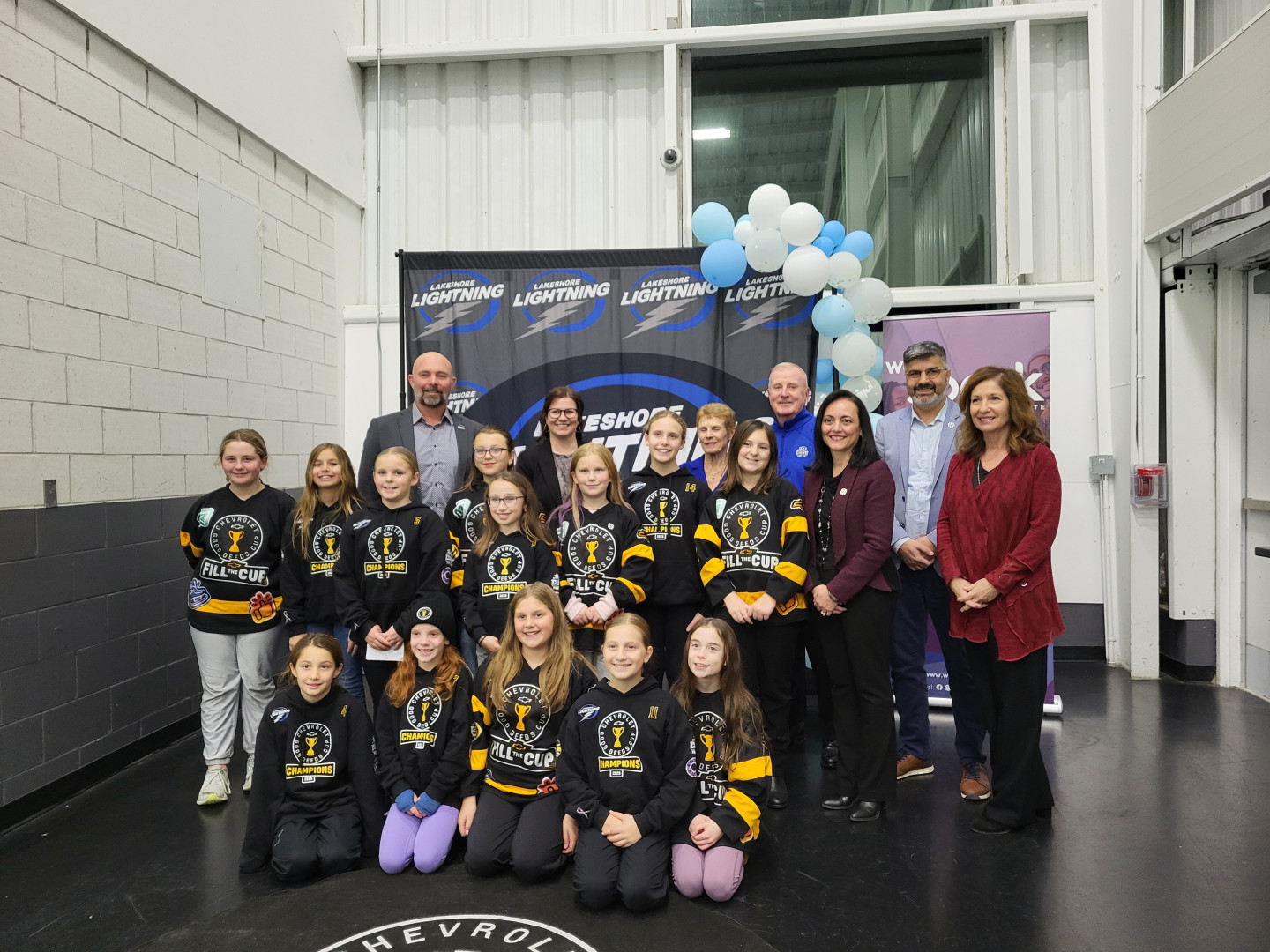
Lakeshore girls hockey team helps spark $400K cancer research investment Lakeshore Lightning Team, Jeff Casey, Stephanie Marshall WECF, Elaine & Harvey Snaden, Dora Cavallo-Medved, Dr. Munir, Lisa Kolody WECF. A youth hockey team’s season-long mission of good deeds has helped bring together a $400,000 investment in local cancer research, marking a first-of-its-kind funding partnership for the Windsor-Essex region. The U11 Lakeshore Lightning girls hockey team earned a national win in the Chevrolet Good Deeds Cup, securing a $100,000 charitable award. The team chose to direct the prize to the Cancer Research Collaboration Fund (CRCF) to support cancer research through the WE-SPARK Health Institute. Their donation builds on momentum created by Carson Woodall, whose youth-led “Woody’s Hoodies” campaign has raised $57,000 in recent years. CRCF topped up the youth contributions to reach $200,000, which the Cancer Research Society then matched dollar-for-dollar, bringing the total investment to $400,000. The announcement was made Wednesday night at the…
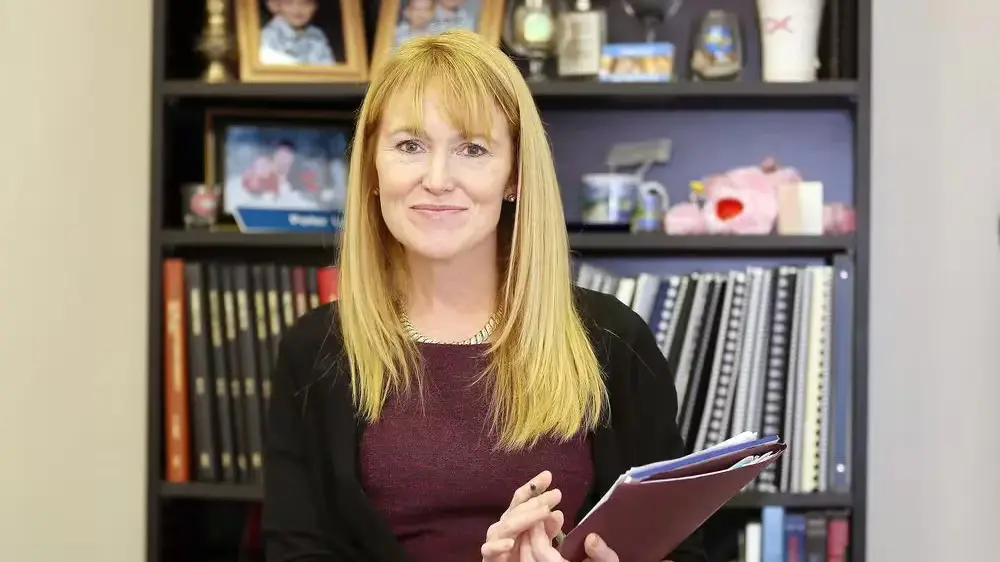
Q&A with Dr. Lisa Porter: Bringing hope and discovery to communities across Canada Dr. Lisa Porter Dr. Lisa Porter has long been captivated by science and enjoys the challenge of uncovering the unknown. But that’s not the only reason why she’s dedicated her life to cancer research. During her own mother’s cancer journey, Dr. Porter – who is originally from Northern Ontario – witnessed the inequities in access to diagnostics and care that exist across Canada. That experience — coupled with her desire to bring tangible benefits to cancer patients — has driven her career-long mission to not only understand cancer at its most complex, but to also ensure that discoveries in the lab translate into better outcomes for all cancer patients, no matter who they are or where they live. Today, Dr. Porter is a Distinguished Professor of Biomedical Sciences at the University of Windsor and Core Principal Member at WE-SPARK Health Institute where she was the founding director. As the Windsor lead for the Marathon of Hope Cancer Centres Network, she is working to ensure…
Health Researchers Networking Opportunity - WE-SPARK After Dark – December 4th WE-SPARK Health Institute is hosting its next After Dark networking event on Thursday, December 4th from 5:00 – 7:00 p.m. at the Bourbon Tap & Grill, 1199 Ottawa Street in Windsor. This monthly series brings together researchers, students, professionals, and community members who share an interest in health research. It’s a great opportunity to connect, exchange ideas, and learn more about the exciting research happening right here in our community. The event is FREE and open to everyone, whether you’re involved in research or just curious to explore it. Click here to register.
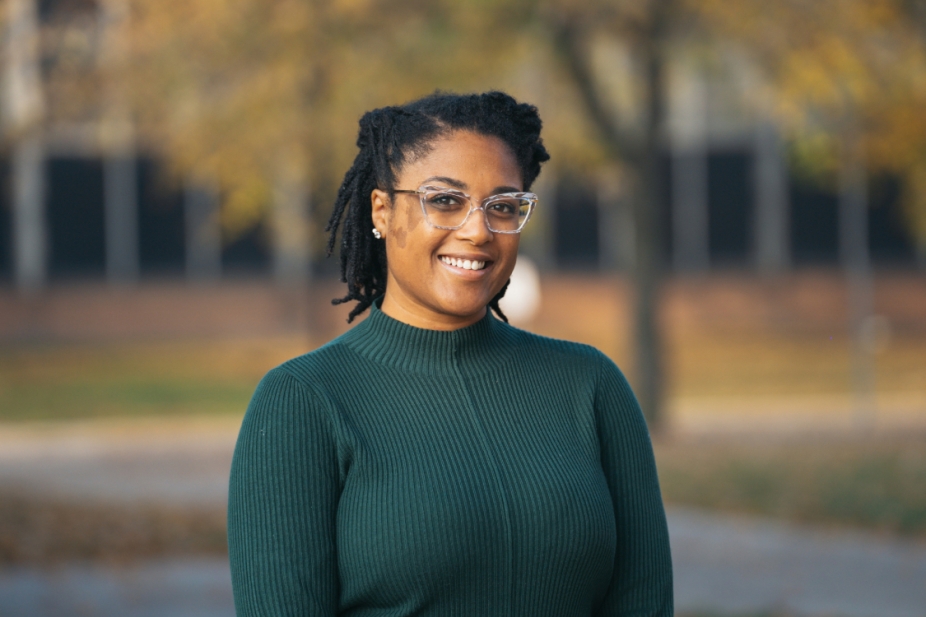
Study probes employer attitudes toward workers with criminal records Dr. Kemi Anazodo, assistant professor at the University of Windsor Odette School of Business in Windsor, Ont. (THE UNIVERSITY OF WINDSOR) There is a large labour pool employers could be tapping into, says researcher Kemi Anazodo, and it may offer a solution for industries facing worker shortages. Nearly four million Canadians live with a criminal record, many with skills and experience that could benefit the workforce. A joint research initiative between the University of Windsor’s Odette School of Business, the John Howard Society of Ontario, Saint Mary’s University and St. Francis Xavier University is working to expand fair access to employment for job seekers with records. The project, Advancing Fair Chance Opportunities for Justice-Involved Individuals: A Strategic Intervention with Employers, is funded by the Future Skills Centre through the Government of Canada’s Future Skills Program. “When we look at the Canadian economy and labour market,…

Cheers to Hope Brings Community Together to Support Health Research and Innovation The Windsor-Essex community came together on November 6th at the Ambassador Golf Club for an inspiring evening of connection and celebration at “Cheers to Hope”, in support of WE-SPARK Health Institute’s Grants Program. Hosted by CTV News Windsor’s Michelle Maluske, the event gathered researchers, healthcare professionals, students, and community members from across WE-SPARK’s five partner institutions, Erie Shores HealthCare, Hôtel-Dieu Grace Healthcare, St. Clair College, the University of Windsor, and Windsor Regional Hospital, to showcase the innovative health research and collaborations improving lives across the region. Guests enjoyed live music, hors d’oeuvres, and interactive presentations highlighting projects that are advancing patient care, driving medical discoveries, and strengthening partnerships across sectors. The evening’s energy reflected a shared commitment to building a healthier future for Windsor-Essex. “Cheers to Hope is about more than fundraising.…
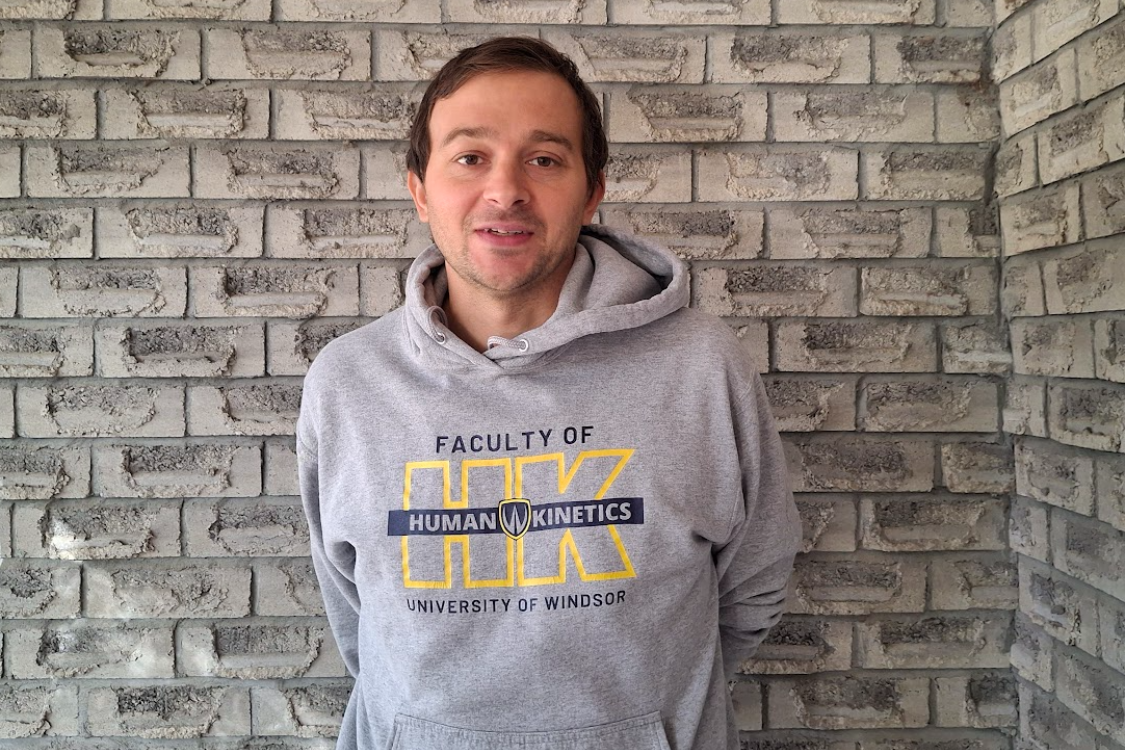
UWindsor professor earns international fellowship to shape the future of human–AI driving research Kinesiology Prof. Francesco Biondi meets with the French research team in Lyon. [Photo courtesy of Francesco Biondi] A University of Windsor kinesiology professor has earned an international fellowship to advance research into the relationship between human drivers and self-driving cars. Through the Mourou-Strickland Mobility Program, an initiative designed by the French Embassy in Canada, Francesco Biondi will collaborate with a researcher at the University of Lyon in France. “This fellowship will lay the foundation for a successful research collaboration that tackles high-impact research topics at the intersection of artificial intelligence, neuroscience and autonomous driving,” says Dr. Biondi. This innovative collaboration will be between Biondi, an associate professor in transportation human factors at the University of Windsor, and cognitive science professor and neuroergonomics expert, Jordan Navarro. “Neuroergonomics would look at possibly using brain sensors for…







